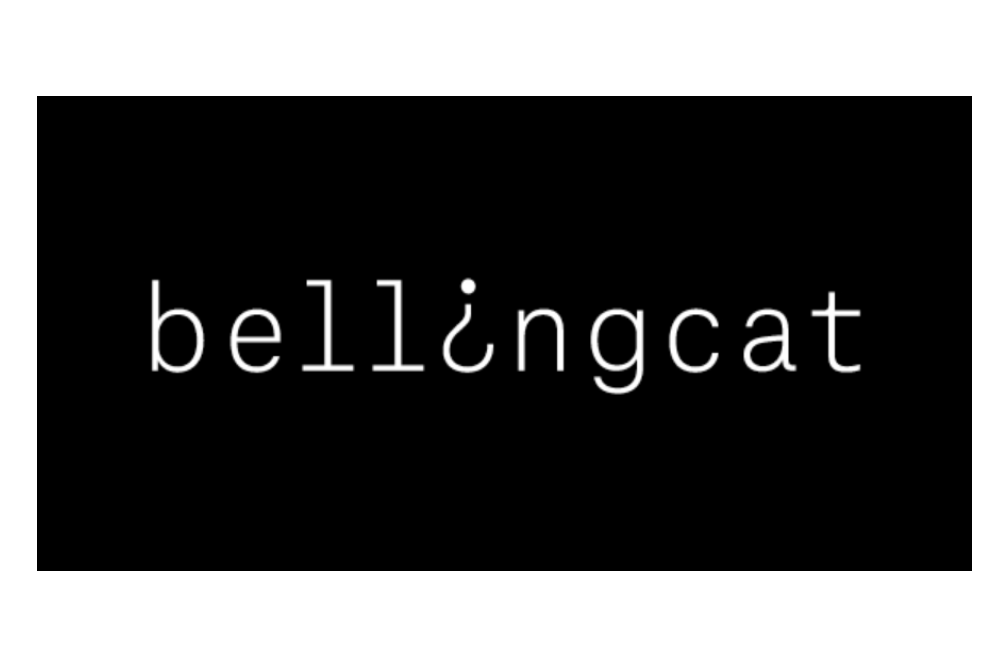News
"The Counter Extremism Project (CEP) Chief Executive Officer, Ambassador Mark D. Wallace, said, "Qatar's global isolation is rightly increasing every day. Texas A&M should be roundly applauded for rejecting sponsorship from a global funder of terrorism. Remaining universities with ties to Qatar must follow suit or risk severe reputational damage.""
"The Counter Extremism Project (CEP) Chief Executive Officer, Ambassador Mark D. Wallace, said, “Qatar’s global isolation is rightly increasing every day. Texas A&M should be roundly applauded for rejecting sponsorship from a global funder of terrorism. Remaining universities with ties to Qatar must follow suit or risk severe reputational damage.”"
"Alexander Ritzmann, senior adviser at the Counter Extremism Project, said that events like the concerts acted as “central networking hubs” for transnational extreme right-wing movements.
“They have a social function - [to] ‘make fascism fun’ - and they are used to make money for the movement through ticket sales, merchandise and catering,” he told VICE News.
Key figures in the right-wing extremist underground would typically meet up around the event and discuss areas of collaboration, including potentially violent actions. Ritzmann said there was no “clear distinction between the extreme right-wing music scene, and violent right-wing extremism.”
“They all meet at those events, where spreading hate propaganda against minorities is at the centre of the action,” he said"

CEP CEO Ambassador Mark D. Wallace and CEP Senior Director Dr. Hans-Jakob Schindler write: "Evidence implicating UNRWA employees in the 7 October terrorist attacks should come as no surprise to anyone who has followed the activities of the UN’s agency for Palestinian refugees closely.
Allegations that some UNRWA workers were in fact Hamas operatives are merely the latest iteration of a much larger problem plaguing the international aid sector.
A stunning lack of oversight and regulation of humanitarian funds over the past several decades has allowed untold billions in taxpayer money to make their way into terrorists’ coffers."

"A month after the genocide, Ambassador Mark D. Wallace, CEO of the Counter Extremism Project (CEP), urged U.S. universities in Qatar to demand the Royal Family hand over Hamas leaders. He criticized universities, including Texas A&M, for operating in a country he considers a state sponsor of “terrorism” and “extremism.”"
"However, the international fight against the Houthis is likely to take many more months, believes Middle East expert Hans-Jakob Schindler from the Counter Extremism Project initiative (CEP)."

CEP Senior Advisor Edmund Fitton-Brown interviewed: "This recording is from “The Houthis and the Red Sea: can the Houthis be deterred?” which was an hour long webinar by Noel Brehony and Edmund Fitton-Brown held on 7 February 2024."
Active Clubs “promise a massive status upgrade through white supremacy,” said Alexander Ritzmann, a political scientist and senior advisor at the Counter Extremism Project. “It’s specifically interesting for people who feel unaccomplished, discriminated [against], unseen.…male fragility plus a tendency for violence. That is the target audience.”

CEP Senior Advisor Edmund Fitton-Brown quoted: "'They are generally more war-like, violent and cruel,' says Edmund Fitton-Brown, who was UK ambassador to Yemen from 2015-17.
'I encountered astonishing instances of brutality in Aden and Taiz. The Houthis consider themselves an elite from an elite (the Zaidi sect). Some of their casual viciousness towards Sunni civilians in central and southern Yemen has been remarkable: a readiness to deploy snipers and kill non-combatants for fun.'"
"A Manhattan jury convicted Jacobs of three felony counts of providing support for an act of terrorism, as well as conspiracy, money laundering and criminal possession of a weapon. The NGO Counter Extremism Project lists Victoria Jacobs, aka Bakhrom Talipov, as an "extremist leader," and it says she may have been providing information to terrorists since 2018."
Stay up to date on our latest news.
Get the latest news on extremism and counter-extremism delivered to your inbox.